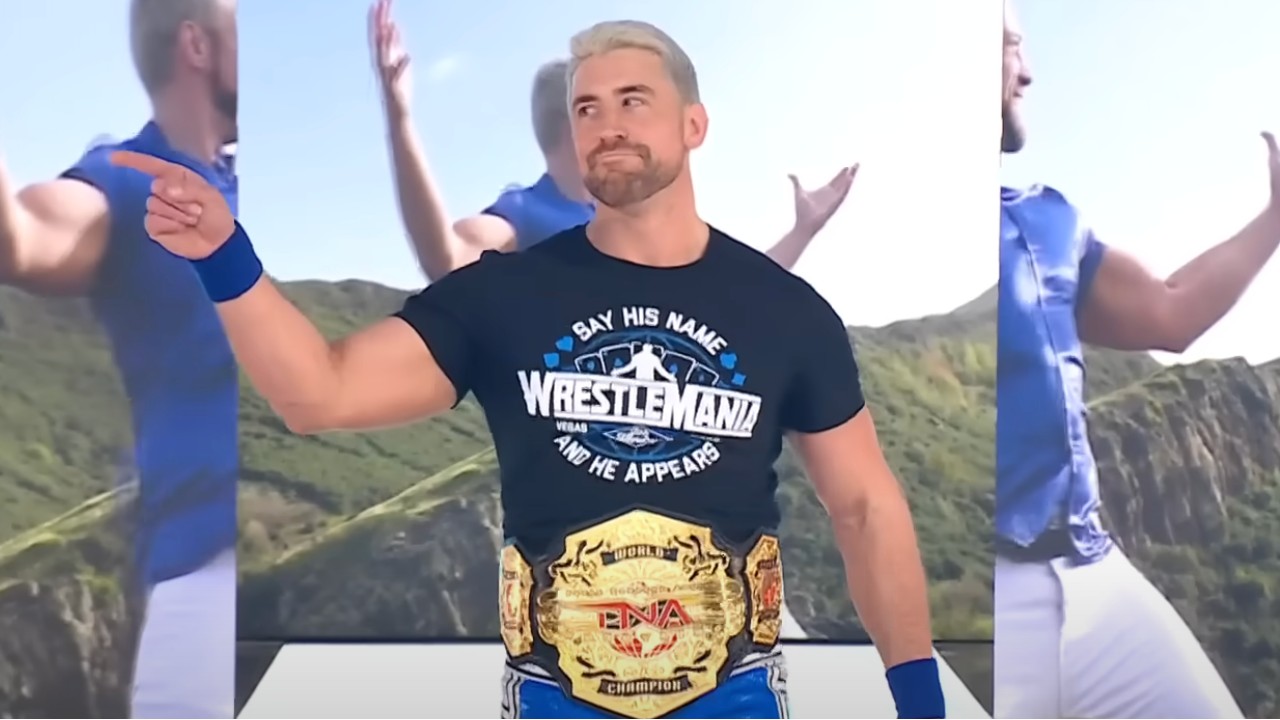Long gone are the days of John Wayne and Gary Cooper, and I don’t just mean they died more than 30 years ago. Once one of the most popular genres in filmmaking, westerns come few and far between nowadays, only one or two at most cropping up each year. But with reduced quantity has come increased quality, with films like There Will Be Blood, Unforgiven and Tombstone popping up occasionally to remind us that the western still has legs. Now enters Patrick Hughes’ Red Hill to continue the trend.
Looking back through the prism of the Australian outback and reintroducing classic elements such as “the new sheriff in town” and the “Cowboys vs. Indians” conflict, Hughes’ film brings his audience back to the time when Clint Eastwood roamed the high country without feeling like parody or mockery. Though the references are a bit ham-fisted at times (the lead character’s name is Shane Cooper), the film is a both a tribute and a nostalgia piece directed towards to the sorely missed style.
In the small town of Red Hill, population 121, a young police officer (Ryan Kwanten) and his pregnant wife (Claire van der Boom) have moved in to get away from the big city. His first day at work quickly turns into a nightmare, however, when Jimmy Conway (Tommy Lewis), an Australian Aborigines and former Red Hill resident, breaks out of prison and returns to the small town to seek revenge against the people that sent him there. The small police department, led by Old Bill (Steve Bisley), quickly rounds up a posse to try and kill Jimmy before he kills them, but with vengeance on his mind, Jimmy isn’t an easy man to stop.
Leading the pack is Kwanten, best known to American audiences as Jason Stackhouse on the hit show True Blood. But while he’s made a name for himself as a sex symbol who cavorts with the undead, the film doesn’t play up that angle in the slightest. Instead, it’s a deadly serious role that has him playing a strong-willed individual on the right side of the law as well as an innocent who is trapped outside of his element. The actor plays both sides of Cooper with aplomb, neither part of his personality dominating the other and each coming out only when appropriate. He can glower right into the camera and the audience can feel his anger, while in the next scene we believe the pain permeating from the bleeding wound in his gut.
But while Kwanten’s performance is certainly an asset, what makes the film successful is Hughes’ direction and writing. There are so many times over the course of the film that makes the audience wonder why the outback hasn’t been used more often as a backdrop for the forgotten genre. Making it all the more impressive is that Hughes, a first time feature director, isn’t afraid to experiment. While Jimmy is terrorizing the town and picking off members of the posse one by one, there’s a slasher element to his behavior – he’s Michael Myers armed with a quick draw and dressed in a black cowboy hat and a duster. The script is also often witty and sharp, surprising the audience with an occasional joke. It’s a risky gamble, but one that pays off.
As menacing as Jimmy might be as a character, though, he’s also the film’s weakest link. While his native background is a nice touch, his persona is simply too much like Anton Chigurh from the Coen brothers’ No Country For Old Men. The white cowboy hats vs. black cowboy hats work because there’s a level of nostalgia reflecting on the classic westerns, but Javier Bardem’s performance in the Coens’ film was so powerful and memorable that it won him the Academy Award for Best Supporting Actor. There is a necessity in the story for Lewis to play the character the way he does, but it’s something that should have been changed during in the writing process.
The western genre began as an American tradition, but over the years has expanded to an international one. Patrick Hughes’ Red Hill certainly isn’t the first western to come out of an Australian filmmaker – John Hillcoat’s The Proposition came out only five years ago – but considering how viable the territory can be, one can hope that others will begin to take notice. Taking beats and showing respect to the classic style, Red Hill works both as a love letter and an entertaining revenge story for modern audiences.

Eric Eisenberg is the Assistant Managing Editor at CinemaBlend. After graduating Boston University and earning a bachelor’s degree in journalism, he took a part-time job as a staff writer for CinemaBlend, and after six months was offered the opportunity to move to Los Angeles and take on a newly created West Coast Editor position. Over a decade later, he's continuing to advance his interests and expertise. In addition to conducting filmmaker interviews and contributing to the news and feature content of the site, Eric also oversees the Movie Reviews section, writes the the weekend box office report (published Sundays), and is the site's resident Stephen King expert. He has two King-related columns.











